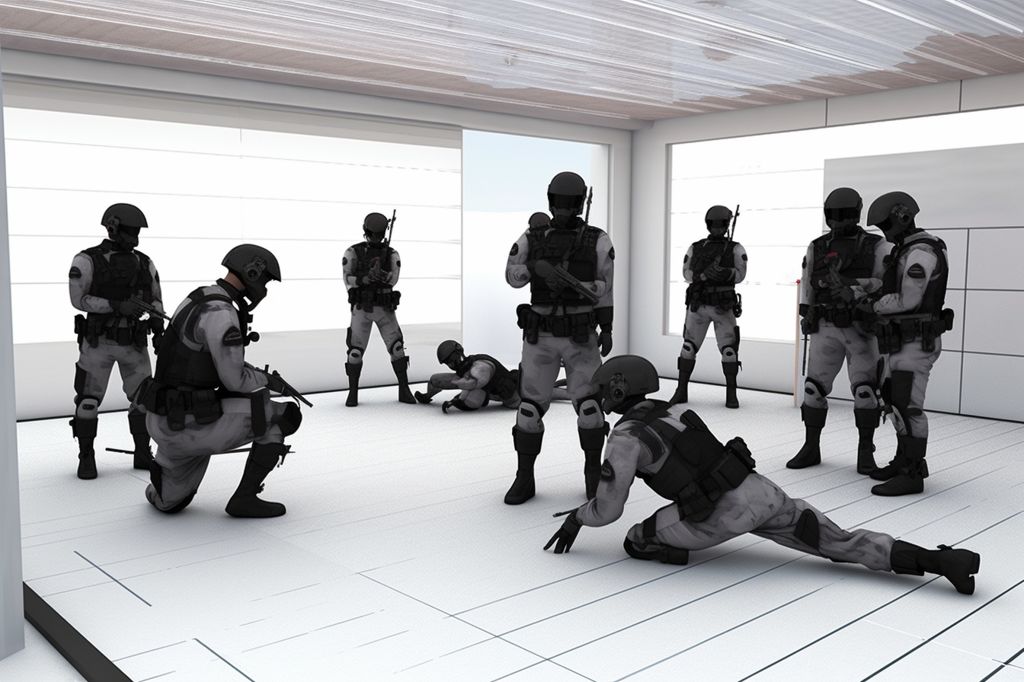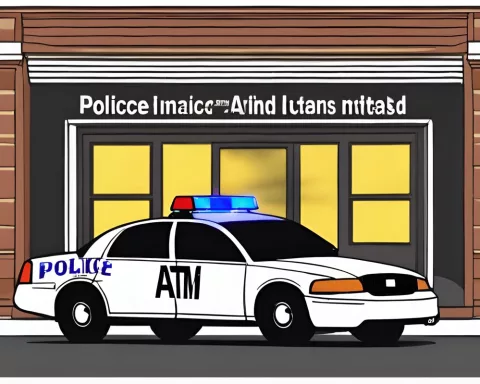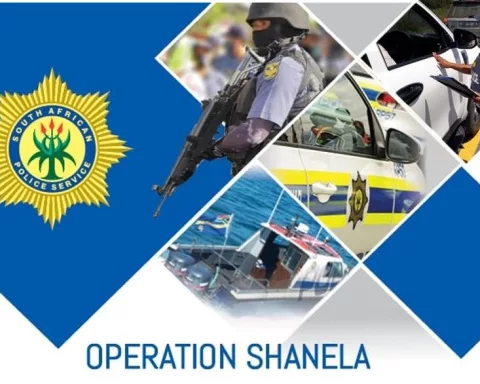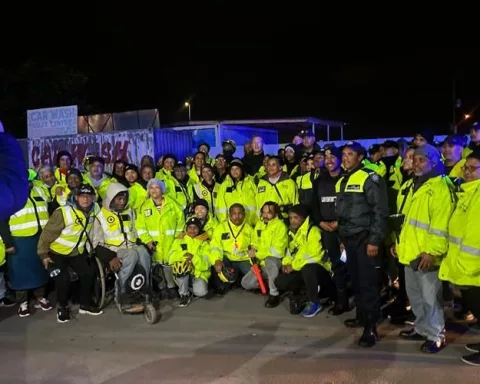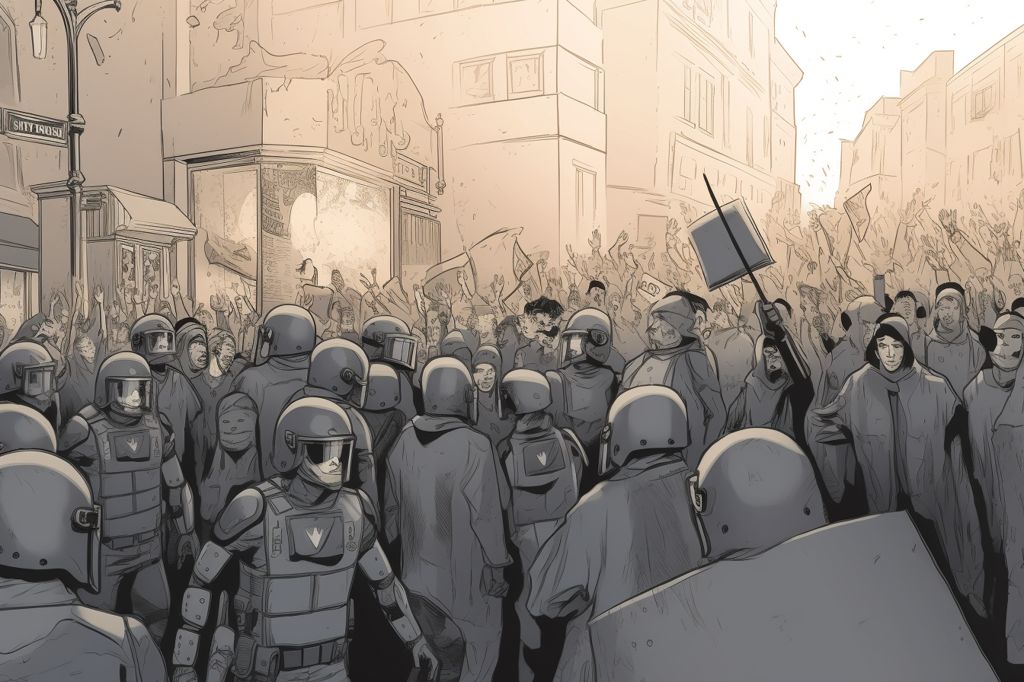In response to the rising murder rate in the Western Cape Province, the Western Cape Safety Plan (WCSP) was launched in September 2019. Among the critical components of the strategy is the Law Enforcement Advancement Plan (LEAP) officers, who were deployed in 2020. This pioneering initiative is a collaboration between the Western Cape Government (WCG) and the City of Cape Town.
Exceptional Performance
The impact of LEAP officers in combating crime can be seen through their exceptional performance. From their inception until 2 April 2023, they have confiscated 343 firearms and apprehended 15,742 individuals for various offenses. As firearms were responsible for 44% of homicides in the first ten weeks of 2023, seizing illegal weapons is crucial in achieving the WCSP’s goals.
Comprehensive Training
LEAP officers undergo a comprehensive 77-day training program that covers various aspects of law enforcement. Candidates must have a matric certificate, a valid driver’s license, and no criminal record. The curriculum covers subjects such as the responsibilities of Peace Officers and Traffic Wardens, firearm competency, tactical and restraining techniques, crime scene response, stop and search methods, and the powers and duties of law enforcement officers.
Strategic Deployment
The strategic deployment of LEAP officers is critical to their success. They are positioned in areas with the highest murder rates based on data-driven decision-making. This targeted approach not only enables monitoring and evaluation but also fosters continuous improvement. The top 10 murder hotspots in the Western Cape are Delft, Gugulethu, Harare, Khayelitsha, Kraaifontein, Mfuleni, Mitchells Plain, Nyanga, Philippi East, and Samora Machel. LEAP officers also operate in other high-crime areas such as Atlantis, Bishop Lavis, Hanover Park, Lavender Hill, Steenberg, and Grassy Park.
Professionalism and Ethical Conduct
Western Cape Minister of Police Oversight and Community Safety, Reagen Allen, commends the LEAP officers for their professionalism, ethical conduct, and commitment to building safer communities. Allen emphasizes that LEAP is not a temporary measure but a reliable law enforcement unit that collaborates with the South African Police Service (SAPS) and other City of Cape Town law enforcement agencies. The minister urges citizens to work with LEAP officers in their joint effort to eliminate crime from their communities.
Continued Dedication
As LEAP officers continue their pursuit to combat crime in the Western Cape, their steadfast commitment, ongoing training, and strategic deployment remain vital components for achieving the objectives of the Western Cape Safety Plan. By working together with the SAPS, other law enforcement agencies, and local communities, LEAP officers are striving to create a safer environment for all residents in the region.
The LEAP officers are a valiant force in the fight against crime in the Western Cape. Through their professionalism and dedication, they have made a significant impact on reducing crime rates in the region. Their comprehensive training and strategic deployment ensure their continued effectiveness in achieving the objectives of the Western Cape Safety Plan.

